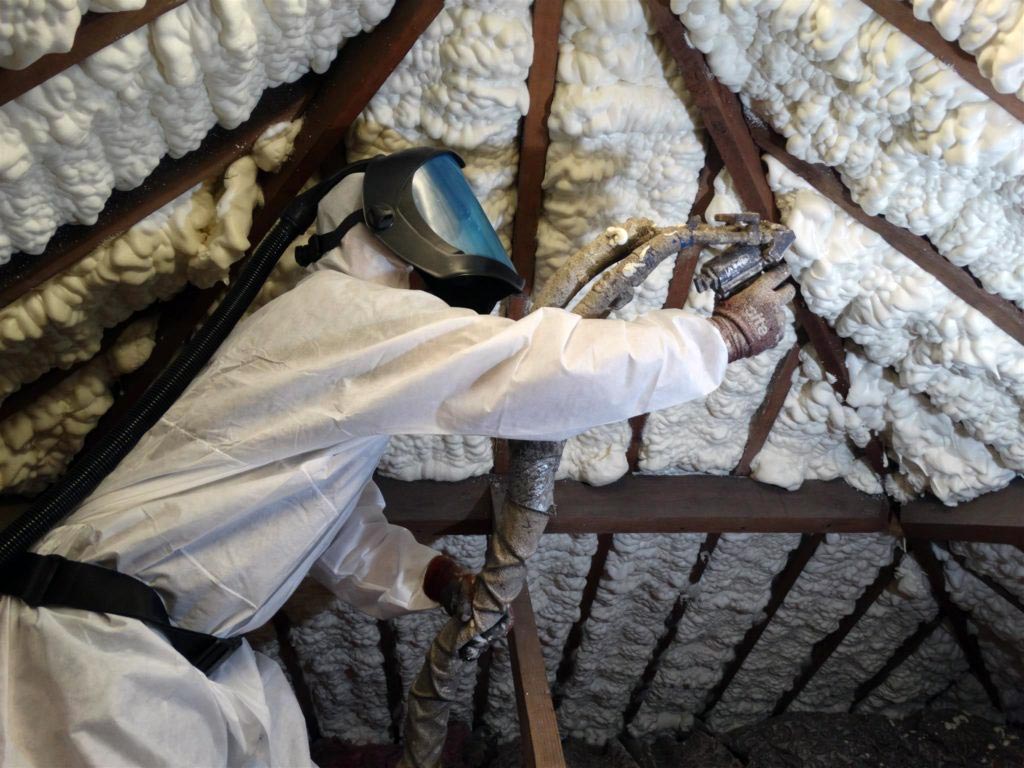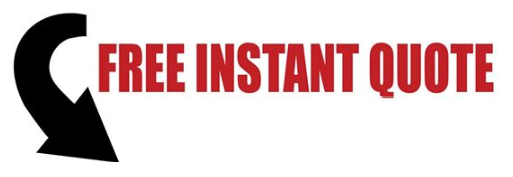Roof Insulation
Roof Insulation Vernon

Roof Insulation in Vernon: The Benefits and Best Practices
Are you considering insulation for your home in Vernon, British Columbia? Roof insulation is an important part of keeping your home warm and comfortable. In this article, we’ll take a look at what roofs insulation can do for you, the different types of materials that may be used, and best practices when insulating your roof.
Understanding the Benefits of Roof Insulation
When installed properly, roof insulation can help keep your home warmer during the winter months. It works by preventing warm air from escaping through the roof. This helps lower energy bills since your HVAC system doesn’t have to work as hard to keep all areas of the house comfortable. Additionally, having proper roof insulation also keeps unwanted noise out while providing fire retardancy capabilities.

Different Types of Roofing Materials
The type of roofing material you choose will determine how well it retains heat. Generally speaking, metal roofs are good for keeping heat in, but some metal roofs are not insulated and require additional layers for adequate heat retention. Polyurethane foam is often sprayed onto surfaces like concrete or metal with great success; however, it’s important to keep ventilation systems running so that moisture does not accumulate in other homes nearby due to improper ventilation patterns. Tile and slate are both popular choices for roofs as they provide a layer of protection against cold temperatures — both tile and slate retain heat better than metal roofs do — but they can be more expensive than other options. Asphalt shingles are cost-effective but don’t offer as much protection against extreme cold temperatures as some other materials do.
Types of Roof Insulation
The most common type of insulation used for residential homes in the Vernon area is fiberglass batts or rolls. This type of insulation is made from spun glass fibers and comes in long rolls or flat batts. It is known for being an effective insulator while still keeping energy costs low. It also doesn’t need much maintenance over its lifetime and usually lasts between 10-15 years.
Another option is cellulose insulation which is made up of recycled paper and often treated with fire retardants to help ward off any potential fire risks. Although this type of insulation can be hard to work with due to its lightweight material, it gets the job done when installed correctly and provides excellent R-values (the measure of an insulation’s resistance to heat flow). It also typically costs less than other options on the market.
Finally, there’s spray foam insulation; this one has become increasingly popular thanks to its versatile application methods that allow for easy installation into tight spots like around pipes or behind walls where traditional types may not fit as well. It also has a higher R-value rating than either fiberglass or cellulose so it is often considered more efficient in terms of energy savings overall. The downside however, is that spray foam can be expensive upfront and you may need professional installation if tackling the project yourself isn’t desired.
Installing Roof Insulation: Best Practices
When installing insulation in Vernon, there are several factors to consider before starting the process: what type of material will you use? Do you want to hire someone or attempt it yourself? What kind of budget do you have allocated? All these questions should be answered before getting started on insulating your roof properly.
For DIY projects, make sure to wear protective clothing such as goggles, gloves and a face mask when working with chemicals or hazardous materials (like fiberglass). Additionally, lay down drop cloths or tarps to protect surrounding areas from debris created during installation process if necessary. Working on ladders can be dangerous – consider having a spotter whenever possible to reduce risk associated with falling off heights while performing tasks related to installation process itself (i.e., cutting into walls).
It’s also important to understand local building codes before beginning any project related to construction or renovation on property within Vernon BC—this includes being aware any limitations imposed by structural requirements (such as height restrictions) set forth by regional authorities prior engaging in activities directly related new build/renovation activities!
Finally remember that proper ventilation is key! If moisture accumulates in one area (due poor ventilation), this could lead potential risks such as mold growth or water damage—so plan accordingly! Having adequate attic ventillation is essential for maintaining proper temperature levels throughout entire home/building structure—including its entire roof!
With proper planning from start to finish and correct installation techniques; insulating any size property within Vernon BC guarantees warmer months ahead–allowing homeowners enjoy savings provided via reduced energy bill costs!
Benefits of Adding Insulation To Your Home
Besides providing comfort for those living inside during cold winter months, roof insulation also acts as an thermal barrier that helps manage heating costs throughout the year by trapping heat inside during colder temperatures while reflecting it back out during warmer ones – leading to overall lower energy bills each month. This isn’t just good news financially but environmentally too since reduced energy consumption could help reduce carbon emissions nationally over time too!
Additionally, insulated roofs also play a large role in helping protect your home from water damage since they are designed to keep moisture out by sealing up cracks or joints that would otherwise allow rainwater or melting snow inside – potentially causing costly structural damage down the line if left unchecked!
How Much Will My Project Cost?
Costs will vary greatly depending on what type of roofing material you choose as well as how large your home or building are; however there are some estimates available online that provide general ranges depending on these factors:
- Fiberglass batts/rolls: Between $0.50 – $1 per square foot
- Cellulose Loosefill: Between $0.30 – $0.60 per square foot
- Spray Foam: Between $2 – $4 per board foot
For more personalized information regarding cost estimates specific to your location or project size please contact us who specialize in residential roofing services near you!
